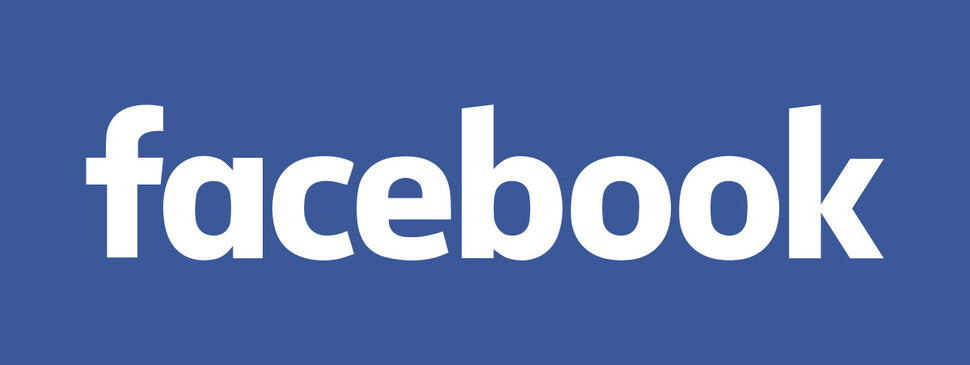hankyoreh
Links to other country sites 다른 나라 사이트 링크
Court: “KCC’s Facebook penalty for lowering speeds with connection pathway change unjust”

A measure by the Korea Communications Commission (KCC) imposing financial penalties on Facebook for deliberately reducing Facebook access speeds for customers of particular telecommunications companies must be withdrawn, a court has ruled.
The ruling deals a blow to the KCC’s regulatory oversight authorities and the telecoms’ bargaining strength with global content providers.
The fifth administrative division of Seoul Administrative Court under Judge Park Yang-joon ruled in favor of the plaintiff on Aug. 22 in a case filed by Facebook against KCC to request the reversal of a correction order and other actions. Facebook was accused of arbitrarily changing users’ connection pathways in May 2017 to reduce speeds in order to gain an advantage in negotiations with SK Broadband, LGU+, and other domestic telecoms on internet network access usage fees. Following an investigation, KCC ultimately issued a correction order and imposed 396 million won (US$326,000) in penalties, concluding that Facebook had restricted Facebook usage by customers of the telecoms in question “without justifiable grounds.”
In the administrative case filed by Facebook in response, the court sided with the company, arguing that its actions in changing only a portion of the connection pathways “cannot be seen as a method that is conspicuously detrimental to the interests of users.”
Noting that “no inconvenience to Facebook users in terms of connection delays or obstruction appears to have occurred,” the court added that the rise in related complaints around the time of the connection pathway change “cannot be viewed as an objective basis for supporting the legality of the [KCC] measures, as the number of complaints is merely a relative and subjective yardstick.”
In a statement issued after the trial, KCC explained that its administrative measures “were intended to protect user interests and prevent similar acts from happening again.” It added that it planned to appeal the ruling.
“We will continue working in the future to enforce regulations on unfair actions by global content providers and actions that infringe upon user interests,” it said.
Reacting to the ruling, communications industry observers grumbled that with overseas content providers already paying lower network usage costs than domestic ones, bargaining appears likely to be a tougher battle going forward. Meanwhile, the Korea Internet Corporations Association (K-Internet) – an association of content companies including Naver, Kakao, and Facebook Korea – welcomed the court’s ruling as “sending the clear message that the obligation to ensure network quality lies with the telecoms” rather than the content providers.
“Had the KCC won its case, it would have gained greater regulatory powers, but Facebook’s win means the tug-of-war among the content companies, regulatory authorities, and telecoms is going to continue for some time,” predicted an official from one internet company.
By Shin Da-eun and Jang Ye-ji, staffer reporters
Please direct comments or questions to [english@hani.co.kr]

Editorial・opinion
![[Guest essay] The real reason Korea’s new right wants to dub Rhee a founding father [Guest essay] The real reason Korea’s new right wants to dub Rhee a founding father](https://flexible.img.hani.co.kr/flexible/normal/500/300/imgdb/original/2024/0423/8317138574257878.jpg) [Guest essay] The real reason Korea’s new right wants to dub Rhee a founding father
[Guest essay] The real reason Korea’s new right wants to dub Rhee a founding father![[Column] ‘Choson’: Is it time we start referring to N. Korea in its own terms? [Column] ‘Choson’: Is it time we start referring to N. Korea in its own terms?](https://flexible.img.hani.co.kr/flexible/normal/500/300/imgdb/original/2024/0423/3617138579390322.jpg) [Column] ‘Choson’: Is it time we start referring to N. Korea in its own terms?
[Column] ‘Choson’: Is it time we start referring to N. Korea in its own terms?- [Editorial] Japan’s rewriting of history with Korea has gone too far
- [Column] The president’s questionable capacity for dialogue
- [Column] Are chaebol firms just pizza pies for families to divvy up as they please?
- [Column] Has Korea, too, crossed the Rubicon on China?
- [Correspondent’s column] In Japan’s alliance with US, echoes of its past alliances with UK
- [Editorial] Does Yoon think the Korean public is wrong?
- [Editorial] As it bolsters its alliance with US, Japan must be accountable for past
- [Guest essay] Amending the Constitution is Yoon’s key to leaving office in public’s good graces
Most viewed articles
- 1[Guest essay] The real reason Korea’s new right wants to dub Rhee a founding father
- 2Terry Anderson, AP reporter who informed world of massacre in Gwangju, dies at 76
- 3[Column] ‘Choson’: Is it time we start referring to N. Korea in its own terms?
- 4Why Korea shouldn’t welcome Japan’s newly beefed up defense cooperation with US
- 5[Column] The clock is ticking for Korea’s first lady
- 6Opposition calls Yoon’s chief of staff appointment a ‘slap in the face’
- 7New AI-based translation tools make their way into everyday life in Korea
- 8[Editorial] Japan’s rewriting of history with Korea has gone too far
- 9[Reporter’s notebook] Did playing favorites with US, Japan fail to earn Yoon a G7 summit invite?
- 10[Column] The president’s questionable capacity for dialogue